 We live in a world in which nearly 16,000 children die of hunger related issues every day – that’s one child every 5 seconds – and more than 4,000 children die daily from unsafe drinking water and lack of sanitation. Currently, 98% of the 925 million people suffering from hunger live in the developing world. Three-quarters of this overwhelming number of people live in rural areas, subsisting on marginal lands or depending on herding or fishing.
We live in a world in which nearly 16,000 children die of hunger related issues every day – that’s one child every 5 seconds – and more than 4,000 children die daily from unsafe drinking water and lack of sanitation. Currently, 98% of the 925 million people suffering from hunger live in the developing world. Three-quarters of this overwhelming number of people live in rural areas, subsisting on marginal lands or depending on herding or fishing.
Due to the affects of poverty, including malnutrition and unsafe drinking water, the lives of children and the livelihoods of their families are compromised, keeping them, their communities and entire nations from growing and thriving. Children who are chronically under-nourished and/or have unsafe drinking water often experience stunted growth, impaired mental abilities and compromised immune systems, reducing their ability to fight off disease. This chronic state of low health negatively affects a child’s ability to function and learn, while in adults, the results are a lessened ability to work and provide for their families. This reality entrenches families ever deeper in the poverty cycle. On a national scale, this negatively affects current productivity and the quality of the future workforce.
 While the governments of developed nations pour foreign aid into the developing world, it is often not enough to reach rural families, who remain in poverty, living on less than $1.25 per day, and struggling to meet their most basic needs – nutritious food and clean water. Tackling these problems with international aid, government programs and improved national infrastructures is essential, but if rural families are to survive (and thrive) they need help on the ground, right where they live.
While the governments of developed nations pour foreign aid into the developing world, it is often not enough to reach rural families, who remain in poverty, living on less than $1.25 per day, and struggling to meet their most basic needs – nutritious food and clean water. Tackling these problems with international aid, government programs and improved national infrastructures is essential, but if rural families are to survive (and thrive) they need help on the ground, right where they live.
Clearly, there is a strong need for locally-sustainable, family-level solutions to these issues.
